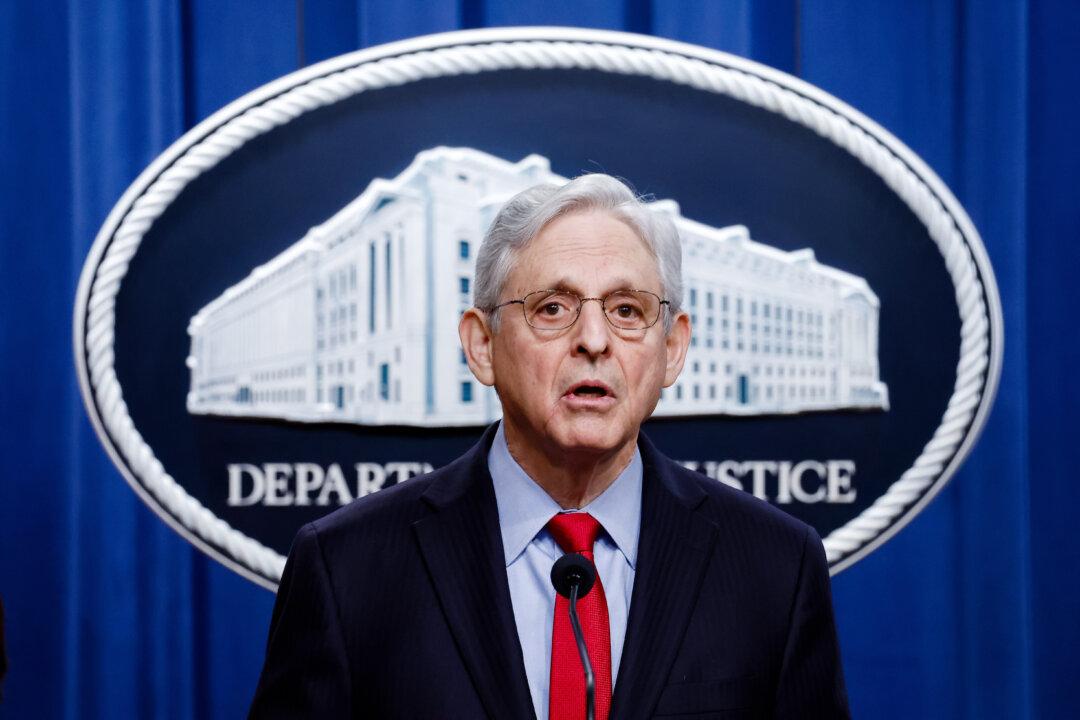President Joe Biden’s attorney general on March 21 defended himself against critics who were upset when he released a special counsel report on the president’s handling of classified documents without edits or redactions.
Special counsel Robert Hur said in the report that President Biden intentionally retained and disclosed classified materials after his eight years as vice president but concluded that no prosecution was warranted.





